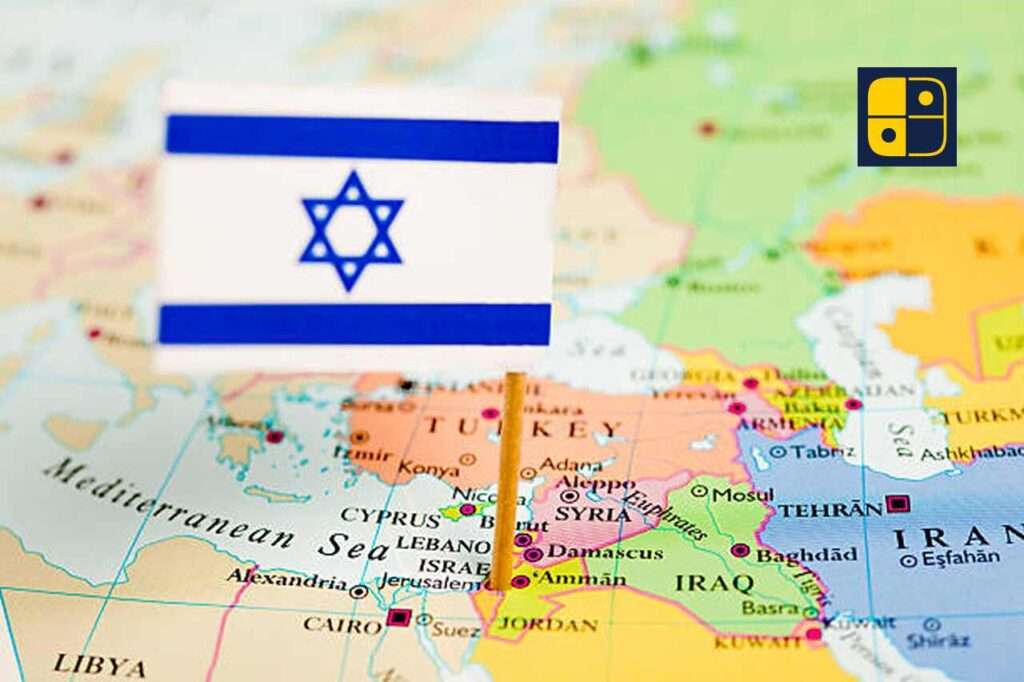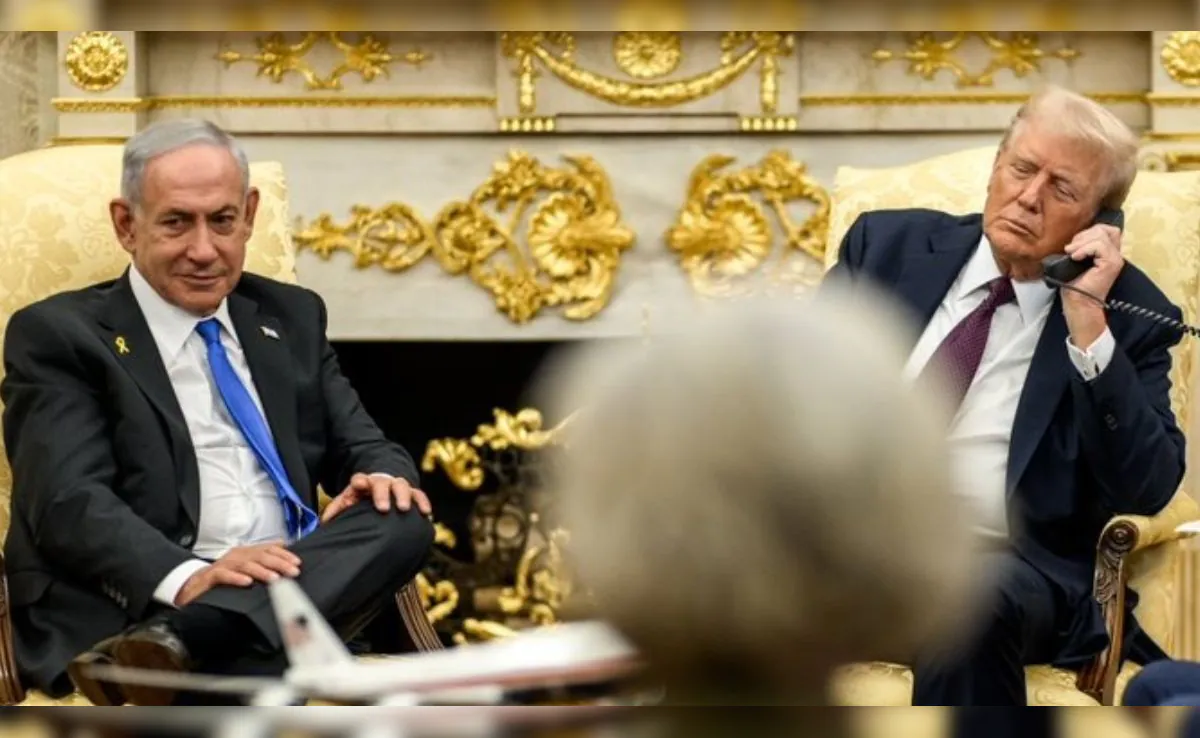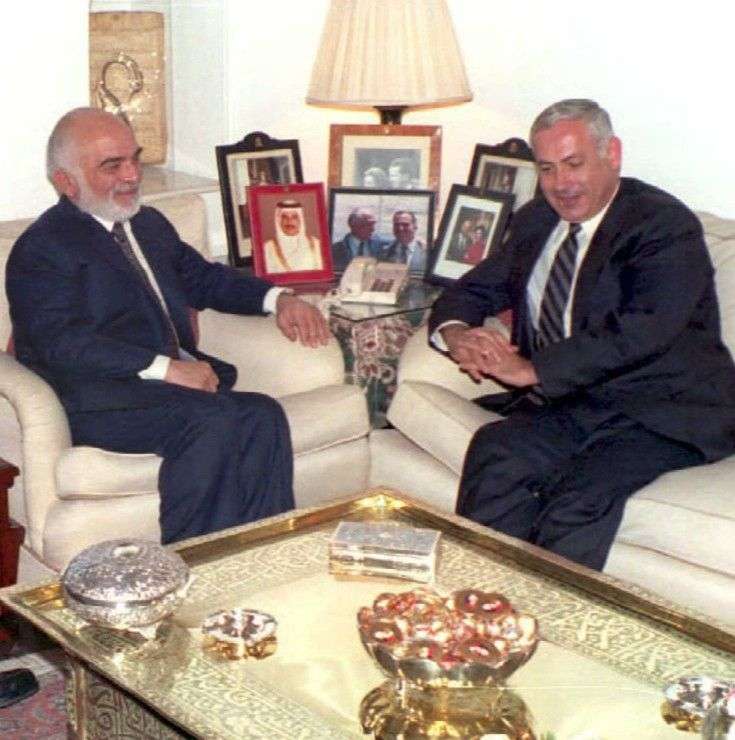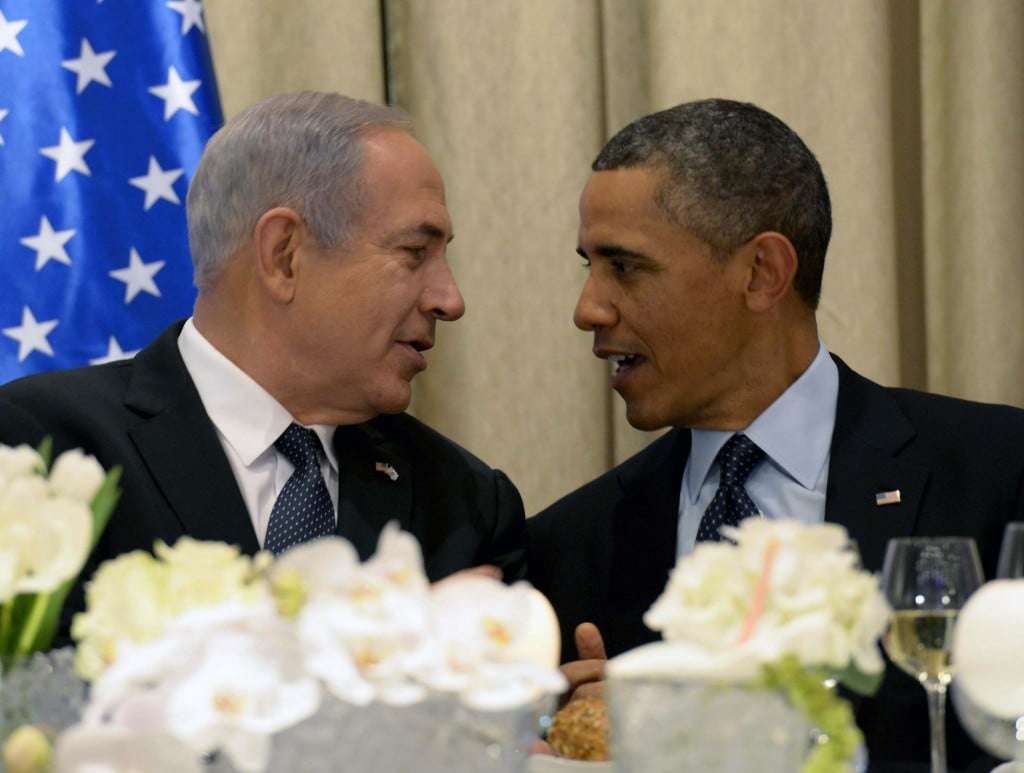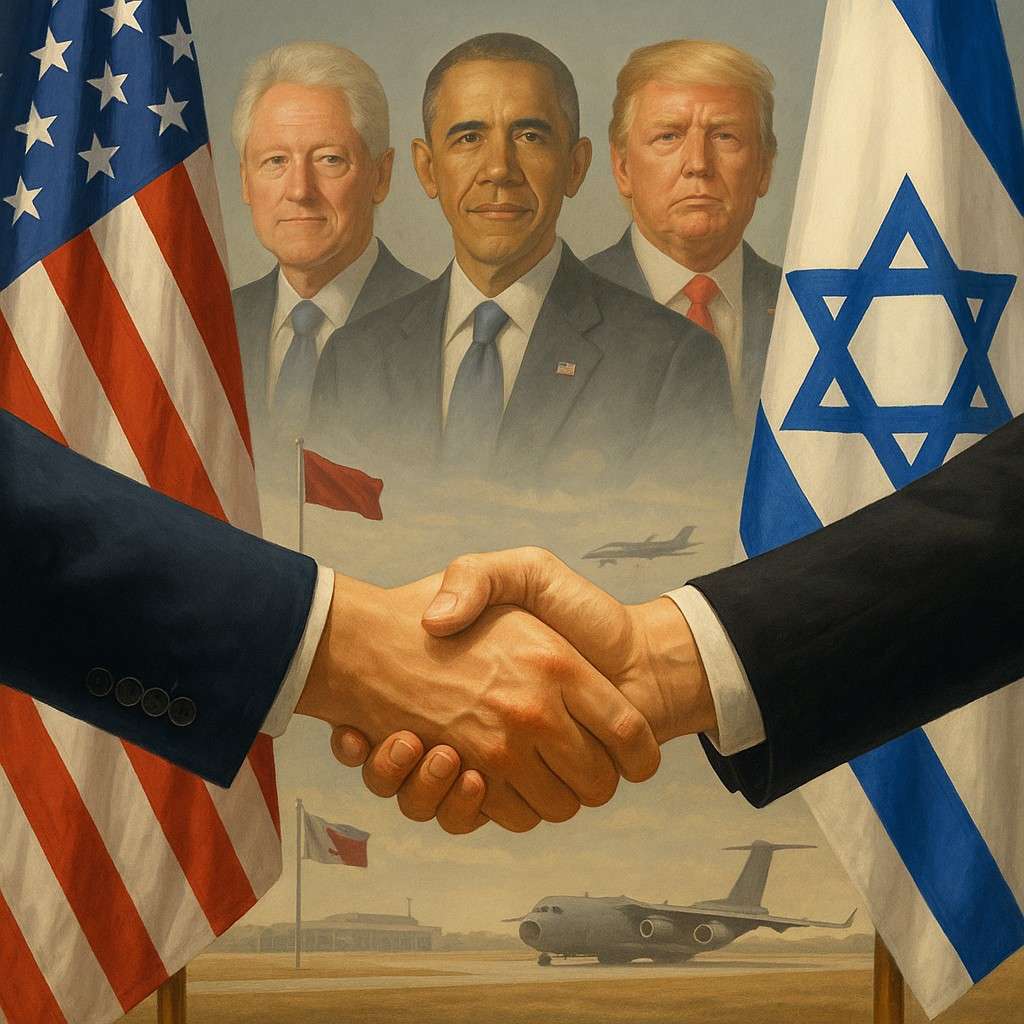A Nation Surrounded, Yet Never Defeated
Israel is a unique nation-state: geographically small, demographically encircled by hostile or wary Muslim-majority states, and born out of the trauma of the Holocaust as the only Jewish homeland. Since 1948, it has forged its survival through relentless military preparedness, technological superiority, and an intelligence network often considered one of the best in the world. Its doctrine is simple: never accept defeat, and respond disproportionately to any threat. Yet, in rare cases where military assertiveness has created unsustainable diplomatic costs, Israel has chosen an unusual tool: apology.
Over the past three decades, Israel has apologized three times to Muslim countries, Jordan (1997), Turkey (2013), and most recently Qatar (2025). Each instance followed an aggressive action gone awry, international backlash, and American mediation. These apologies were not confessions of weakness, but tactical recalibrations by a state that recognizes the limits of military might when global diplomacy turns against it.
Qatar 2025: The Doha Strike and Netanyahu’s Apology
On 9 September 2025, Israeli forces struck a residential complex in Doha, Qatar, with a ballistic missile launched from the Red Sea. The building housed senior Hamas leaders meeting to discuss a ceasefire. The attack killed at least five Hamas officials and a Qatari soldier, while raising suspicions that the operation also sought to eliminate Khaled Meshaal, the Hamas leader once targeted in the 1997 Jordan incident.
The strike triggered immediate outrage. Within five days, more than 50 Muslim-majority states convened in Doha to condemn Israel’s violation of Qatari sovereignty. Qatar, a long-standing U.S. ally since 1992 and host to vital American bases, leveraged its diplomatic and economic influence to escalate pressure. The backlash was framed not only as an Israeli miscalculation but also as a failure of U.S. President Donald Trump, whose administration had extended unqualified support to Netanyahu.
Under mounting isolation, Netanyahu placed a phone call from the White House to Qatar’s Prime Minister 20 days later, offering an unprecedented apology and promising never again to target Qatari soil. This was not a moral concession but a survival tactic: without Qatar’s mediation, ceasefire and hostage negotiations in Gaza risked collapse, and Israel could not afford to alienate a state so central to regional diplomacy.
Jordan 1997: The Poisoning of Khaled Meshaal
Israel’s first such apology under Netanyahu dates back to September 1997. Mossad agents attempted to assassinate Khaled Meshaal, then a rising Hamas spokesman, by spraying a slow-acting poison near his ear in Amman, Jordan. The agents were caught, and Meshaal’s health rapidly deteriorated. King Hussein of Jordan, furious at the violation of his sovereignty and with the peace treaty at stake, threatened to execute the captured agents and annul the 1994 peace accord unless an antidote was delivered immediately.
Under intense pressure from U.S. President Bill Clinton, Netanyahu relented. Mossad’s chief personally carried the antidote to Amman, saving Meshaal’s life. Israel also agreed to release dozens of Palestinian prisoners, including the spiritual leader Sheikh Ahmed Yassin. Weeks later, Netanyahu traveled to Jordan to formally apologize. The incident marked the only known case where Israel saved a Hamas leader it had tried to kill, transforming Meshaal into what Arabs called a “living martyr.”
Turkey 2010-2013: The Mavi Marmara Flotilla Raid
The second episode unfolded in 2010, when the Turkish ship MV Mavi Marmara led an international flotilla to deliver aid to blockade Gaza. Israel, enforcing its naval siege, intercepted the vessel 125 km from the coast. The raid left nine Turkish citizens dead and seven Israeli soldiers killed in clashes on deck.
The attack sparked a rupture in Israel-Turkey ties, once a cornerstone of Israeli regional outreach. Diplomatic relations were downgraded, ambassadors expelled, and military cooperation frozen. Three years later, in March 2013, U.S. President Barack Obama personally mediated a call between Netanyahu and Turkish Prime Minister Recep Tayyip Erdoğan. Netanyahu expressed regret, Israel agreed to pay $20 million in compensation to victims’ families, and diplomatic channels were cautiously restored. The apology was politically costly for Netanyahu domestically but necessary to repair relations with a NATO power.
Military Power Versus Diplomatic Limits
Israel’s pattern in these three cases reveals a consistent doctrine: strike decisively when threatened, but apologize strategically when diplomatic isolation threatens larger national interests. Its military machine armed with Iron Dome missile defenses, cyberwarfare capabilities, and one of the world’s most effective intelligence agencies has ensured it rarely accepts battlefield defeat. Yet military supremacy does not negate the geopolitical reality: Israel is surrounded by nations often hostile to its existence, and survival depends as much on American backing and international legitimacy as on its own arms.
The Qatar incident underscores this balance. For Israel, the attack may have seemed a tactical necessity decapitating Hamas leadership during a critical ceasefire negotiation. But in striking Doha, it crossed a red line: violating the sovereignty of a U.S.-protected ally, destabilizing mediation channels, and provoking unified Muslim condemnation. No missile system can shield a nation from diplomatic isolation.
The United States: Architect of Contrition
In each of these episodes, U.S. presidents have played the decisive role. Clinton in 1997 forced Israel to send the antidote to Amman; Obama in 2013 mediated the apology to Turkey; and Trump in 2025 provided the White House platform for Netanyahu’s apology to Qatar. Washington’s role reflects its dual responsibility: protecting Israel as its closest Middle Eastern ally, but also managing regional stability by balancing relations with key Muslim states.
Qatar’s case is especially telling: beyond hosting Al-Udeid Air Base, the largest U.S. military facility in the region, Qatar is a major investor in American markets. In May 2025, Doha even gifted Trump a luxury aircraft valued at over $400 million, symbolizing its political leverage. Washington could not afford to let an Israeli strike rupture such a partnership.
One Nation, One People, Surrounded Yet Resilient
The larger picture is of a state that has survived for 77 years against enormous odds. Israel remains the only Jewish nation, a country of less than 10 million surrounded by more than 400 million Arabs and Muslims. Its survival has relied on never conceding defeat, on technological innovation from drones to AI-driven surveillance, and on intelligence networks that reach into the heart of its enemies. When Hamas or Hezbollah test its defenses, Israel responds with ferocity, determined to remind the region that it will not be erased.
Yet, even this hardened state recognizes the limits of power. The three apologies of the past thirty years Jordan 1997, Turkey 2013, Qatar 2025 are rare but telling moments when Israel stepped back, acknowledged fault, and recalibrated under pressure. They reveal a paradox: a nation unyielding in war, yet pragmatic enough in diplomacy to ensure its survival.
A Lesson Beyond Israel
Israel’s trajectory offers an important lesson for other nations. Strength alone cannot guarantee survival; neither can diplomacy alone. A balance between hard power and strategic contrition is often essential in navigating international politics. Israel’s rare apologies are not signs of weakness but calculated moves to preserve legitimacy and long-term security.
For other states whether great powers or small nations Israel demonstrates that survival in a hostile environment requires adaptability. Military prowess must be matched with diplomatic pragmatism; sovereignty must be defended with force, but legitimacy must be preserved through timely concessions. In the unforgiving arena of global politics, even the strongest nations must sometimes bend not to break, but to endure.

